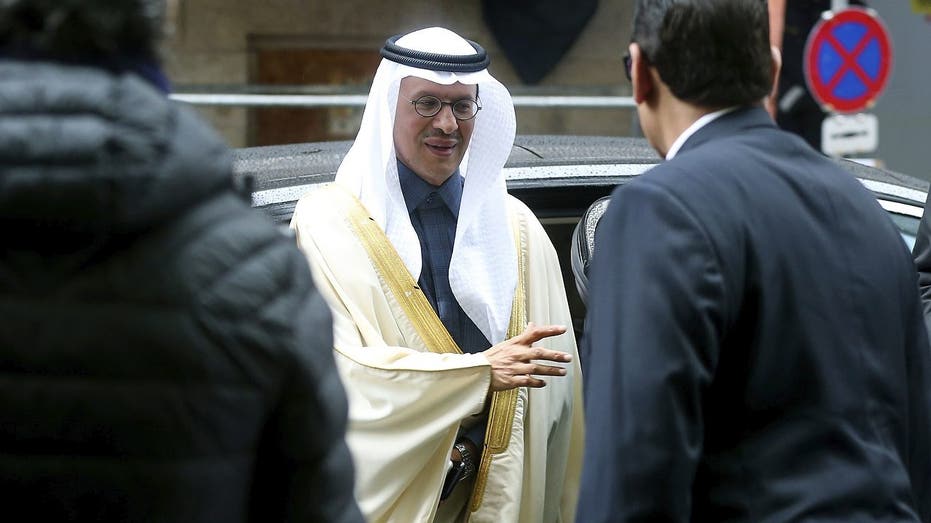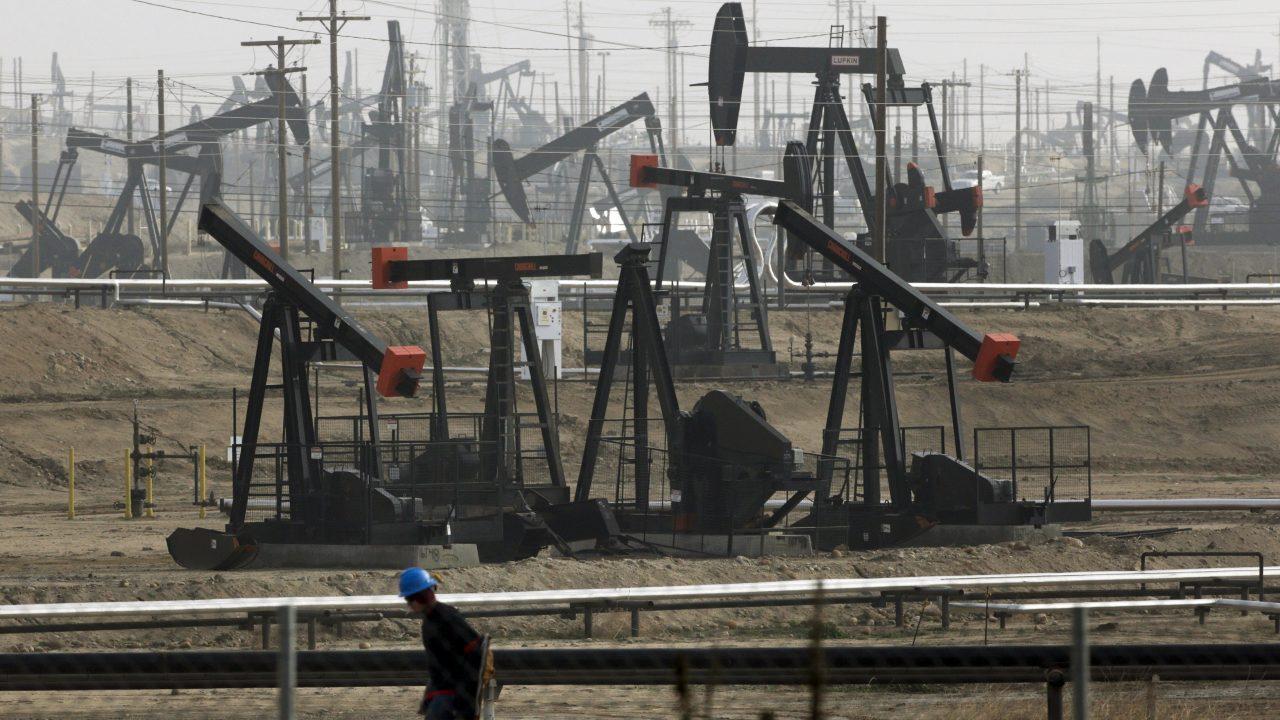Oil price slides on concern over OPEC-Russia deal on output
Coronavirus has sharply reduced air travel, curbing fuel demand
The price of oil is slumping amid doubts that OPEC will succeed in agreeing with ally Russia on cutting production to support prices as the coronavirus outbreak disrupts the global economy.
The cartel is trying to convince Russia and other non-member producers to join in deep production cuts to prevent weak oil prices from falling further.
EXXONMOBIL DIVIDEND DELIVERS AS CORONAVIRUS PUNISHES STOCK PRICES
Russia's energy minister, Alexander Novak, entered the OPEC headquarters on Friday without answering journalists' questions as officials prepared to take up the cartel's proposal to cut output by 1.5 million barrels a day, or 1.5% of world production.
OPEC countries such as Saudi Arabia and Iran say they need non-member allies to take 500,000 barrels of that cut on themselves.
Analysts say OPEC may struggle to keep oil prices from falling further as it remains unclear how much the turmoil in the global economy will affect the need for energy.

Prince Abdulaziz bin Salman Al-Saud, Saudi Arabia's energy minister, arrives for an OPEC meeting in Vienna on Friday, March 6. (AP Photo/Ronald Zak)
“There is still too much uncertainty regarding the amount of demand destruction,” analysts at research firm Petromatrix said in a note to investors.
The international benchmark for crude oil fell almost 4% to $48.20 on Friday. It had been trading over $50 in recent days, and is down from $69 as recently as early January, before the outbreak.
WHITE HOUSE CONSIDERS PUMPING CASH INTO DISTRESSED PARTS OF US ECONOMY
Russia and other non-member countries have been working with OPEC in recent years and agreed on earlier cuts. Russia can tolerate low oil prices better than Saudi Arabia, however. Saudi Arabia needs $83.60 per barrel to balance its state budget, according to the International Monetary Fund. Russia needs only $42.40 for its own kind of crude oil.
The spread of the coronavirus has sharply reduced air travel and thus the demand for fuel, while industry in China, the world's second-largest economy, has been severely disrupted through shutdowns and travel restrictions.
GET FOX BUSINESS ON THE GO BY CLICKING HERE
Some economists think the global economy may shrink in the first quarter for the first time since the financial crisis, sapping demand for energy.
Oil production in the U.S., which is not part of OPEC and unlike Russia does not cooperate in its output decisions, has ramped up in recent years, flooding the market and keeping prices down.




















